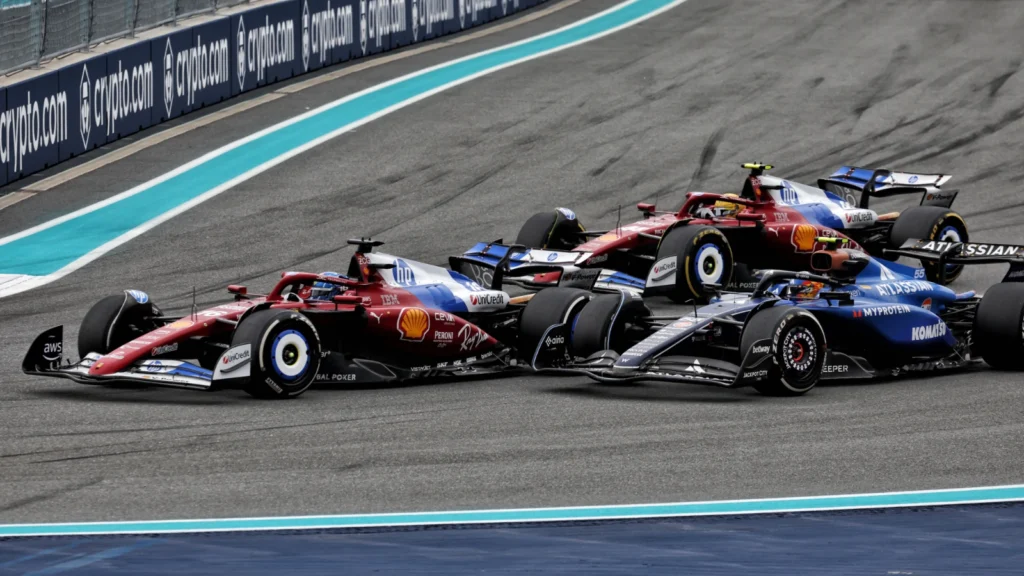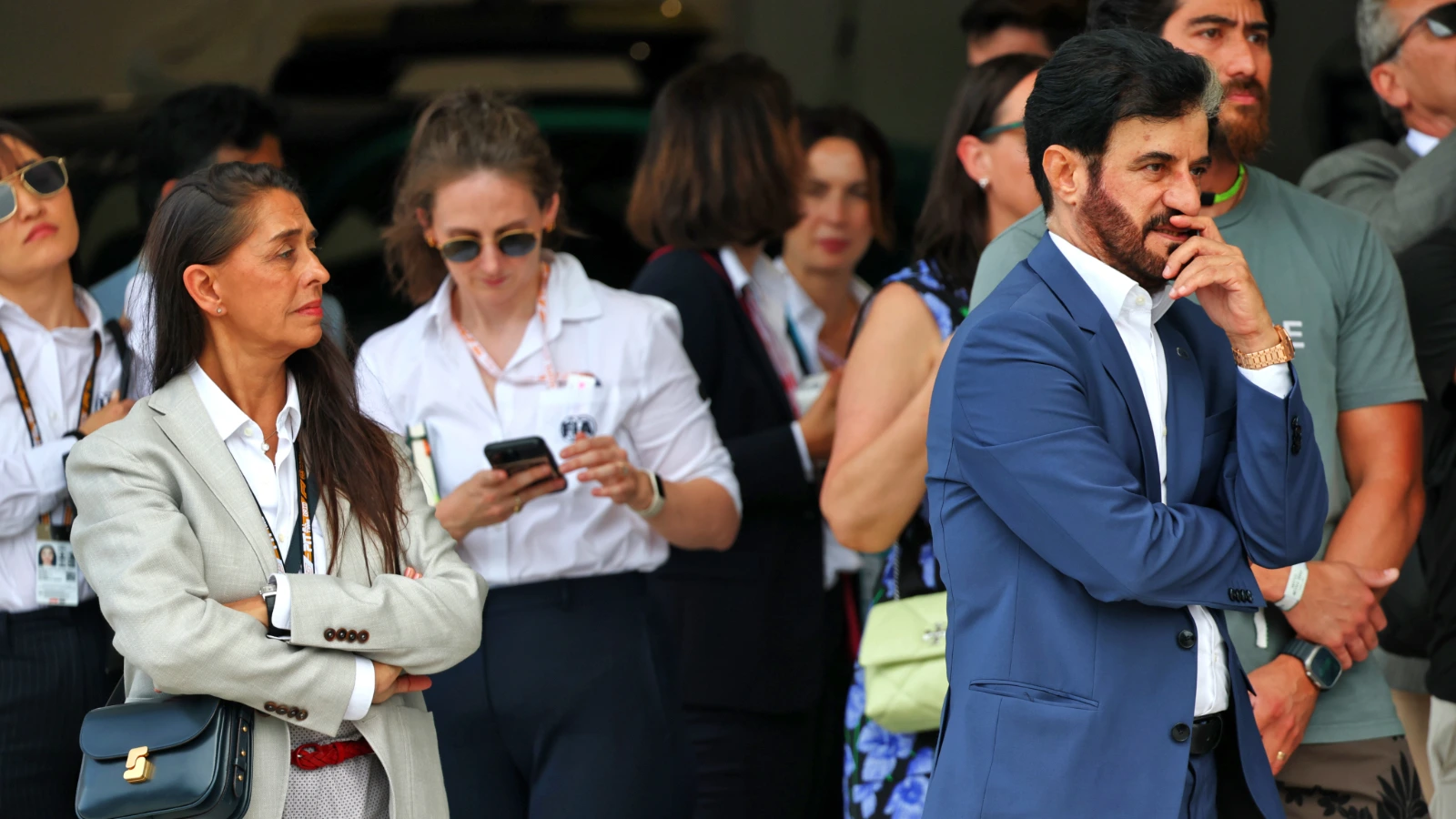FIA president Mohammed Ben Sulayem is reportedly seeking to scrap the Formula 1 cost cap, something he believes is a “headache”.
The rule, which was introduced in 2021, is in place to close the competition between teams at the front and the back of the F1 grid, via a restriction on spending, with a sliding scale on aerodynamic testing.
Teams that are found to have overspent are subject to punishment, such as Red Bull, which was handed a $7 million fine and aero testing restriction two years ago.
However, the much-maligned head of the sport’s governing body is, according to a report by the Associated Press, considering a removal of the rule altogether.
“I’m looking at the cost cap and it’s just giving the FIA a headache,” Ben Sulayem was quoted as saying by the AP.
“So what’s the point of it? I don’t see the point. I really don’t.”
The comments came amid a suggestion from McLaren CEO Zak Brown that F1 teams that complain about a fellow constructor should be required to pay a financial deposit in order to do so.
This came after Red Bull lodged a complaint after last Sunday’s Miami Grand Prix, on the grounds that Mercedes’ George Russell had overtaken under yellow flags.
Brown believes that if such complaints are proven correct, the deposit should be paid back, but if they are unfounded – as it was in this instance – the fee should count against the cost cap.
Whilst being in agreement in principle, Ben Sulayem did not concur that the cost cap should be affected, saying: “You cannot just accuse someone without a written complaint, and that protest, you have to pay money.”

The F1 cost cap : level playing field initiative that courts controversy
The cost cap has enabled some teams to compete with the most financially viable teams which regularly compete at or near the front of the F1 grid.
It can be reached by the smaller teams through means such as sponsorship, which was the reason that Haas, for the first time in its history, was recently able to reach the cost cap, via a cash injection from title sponsor MoneyGram.
However, there is another controversy surrounding it, with teams being afforded an offset depending on the height of their country’s salary levels.
This proves to be a benefit for Audi, which makes its full F1 debut next year, due to being based in Switzerland, having transitioned from the country’s Sauber team.
READ MORE – Should F1 drivers hold a seat of power with the FIA?









Discussion about this post